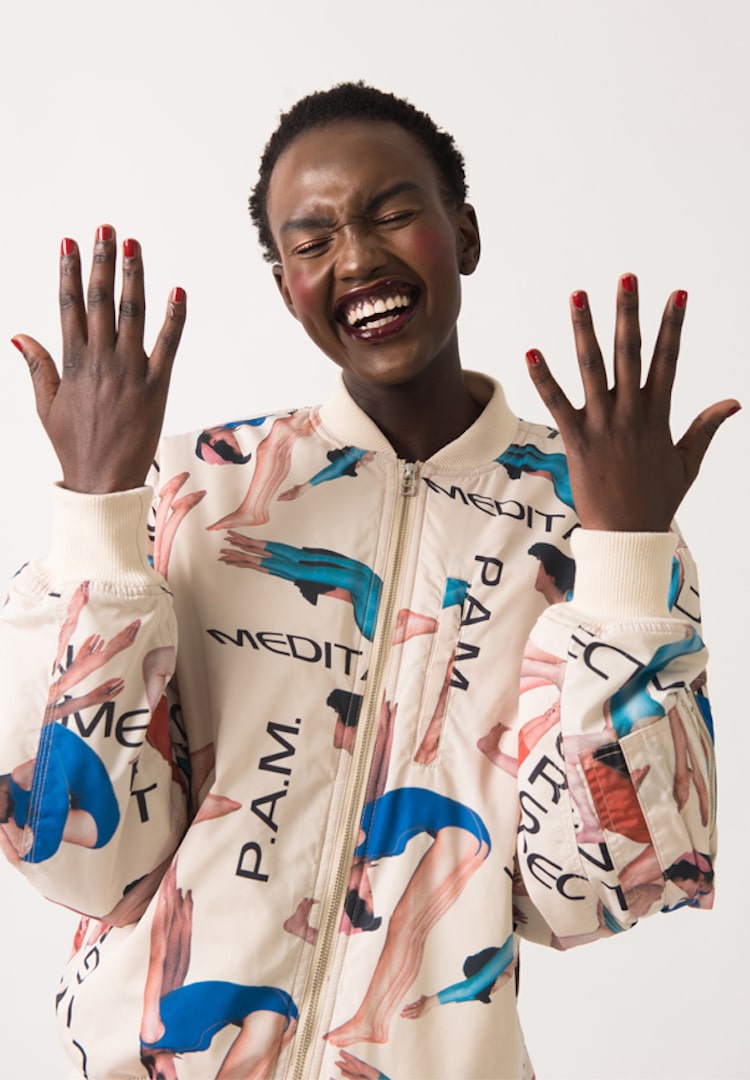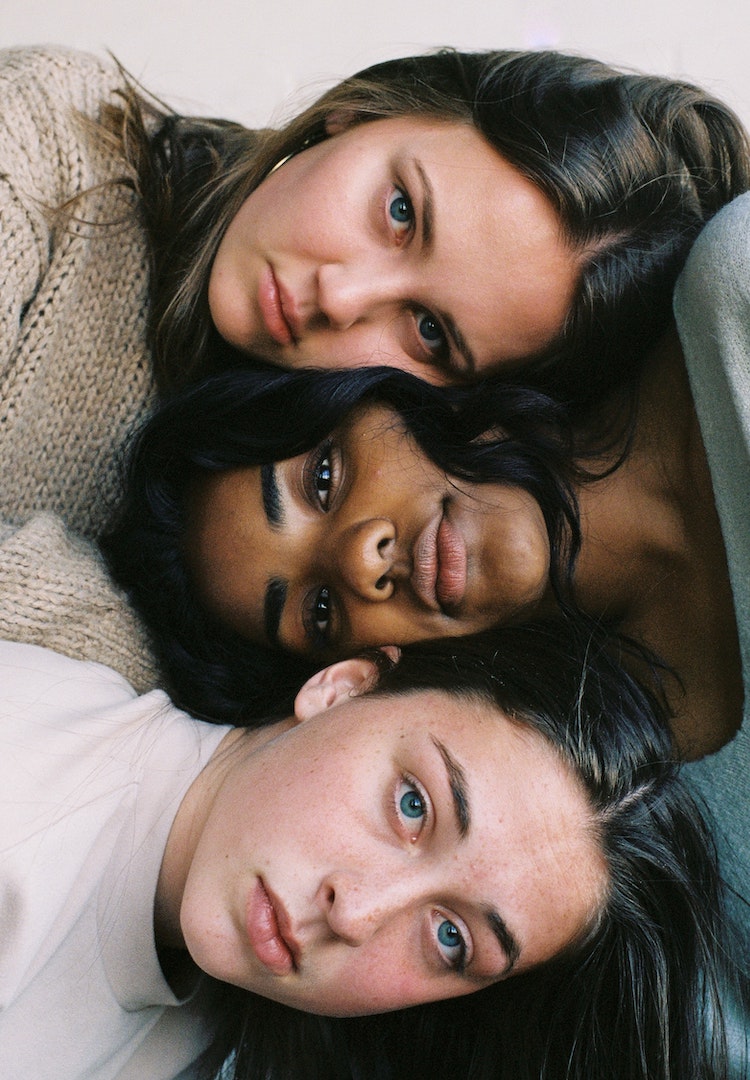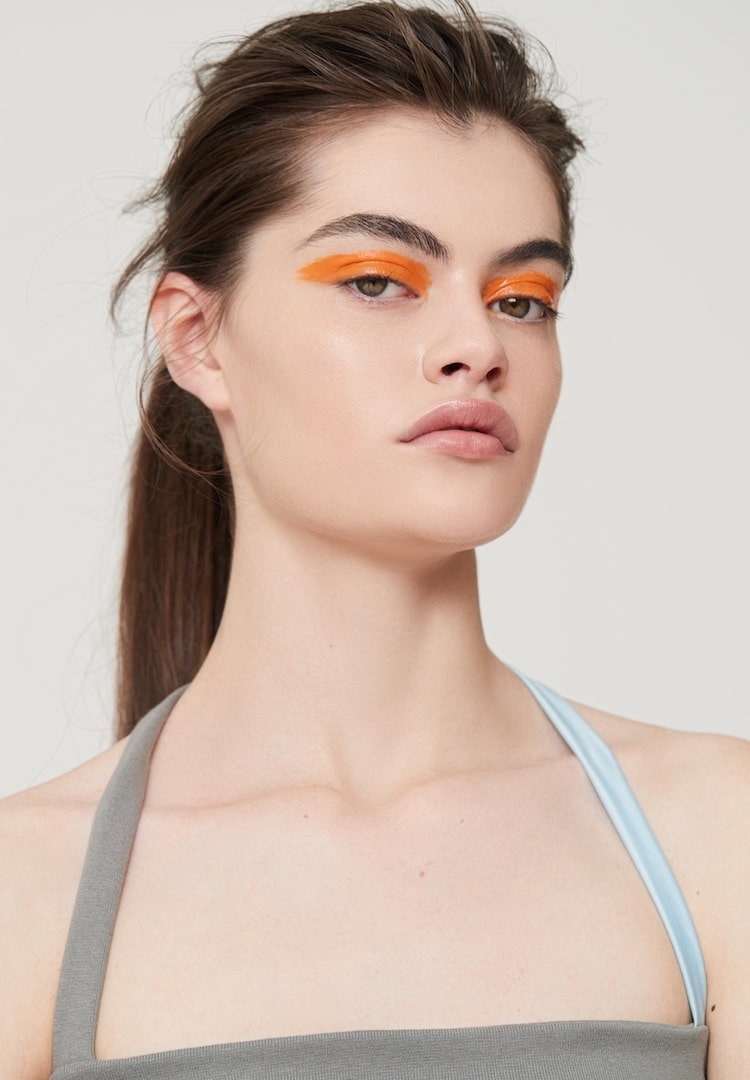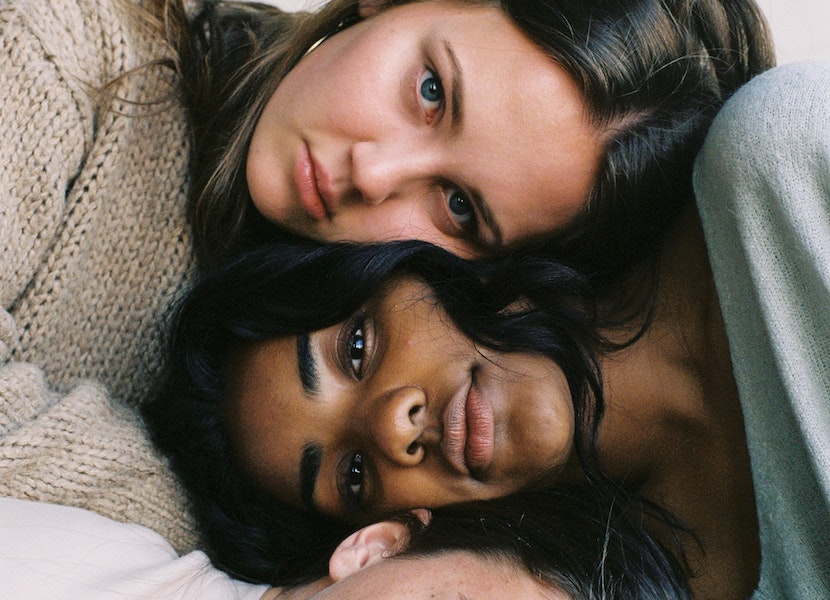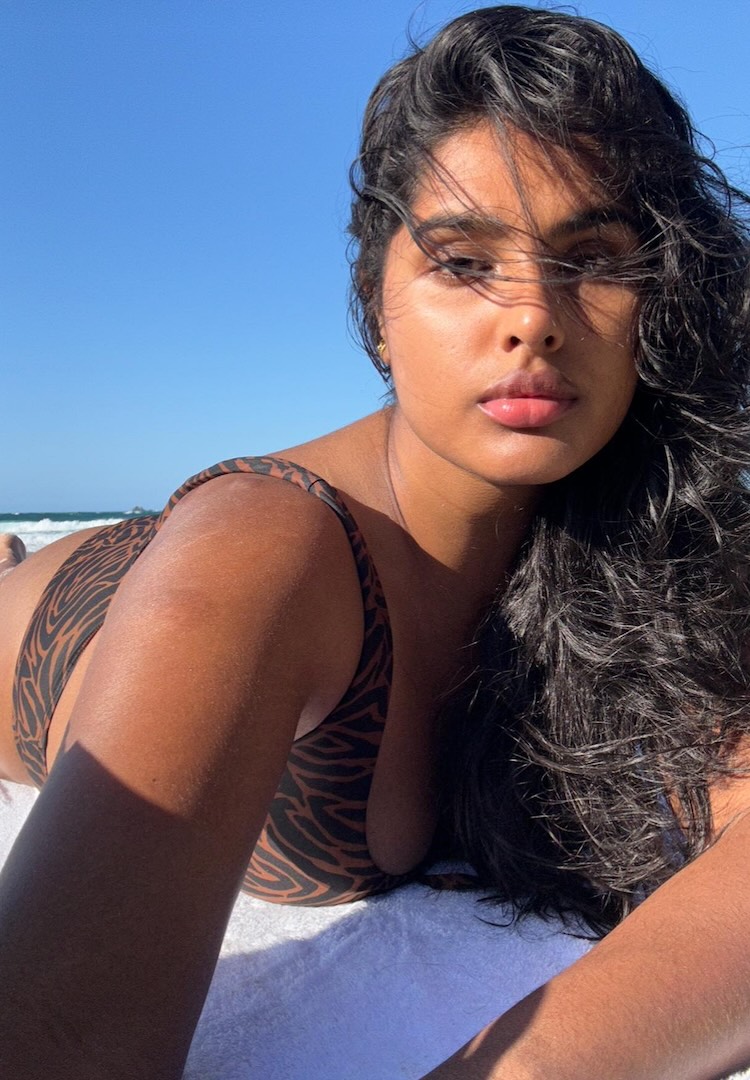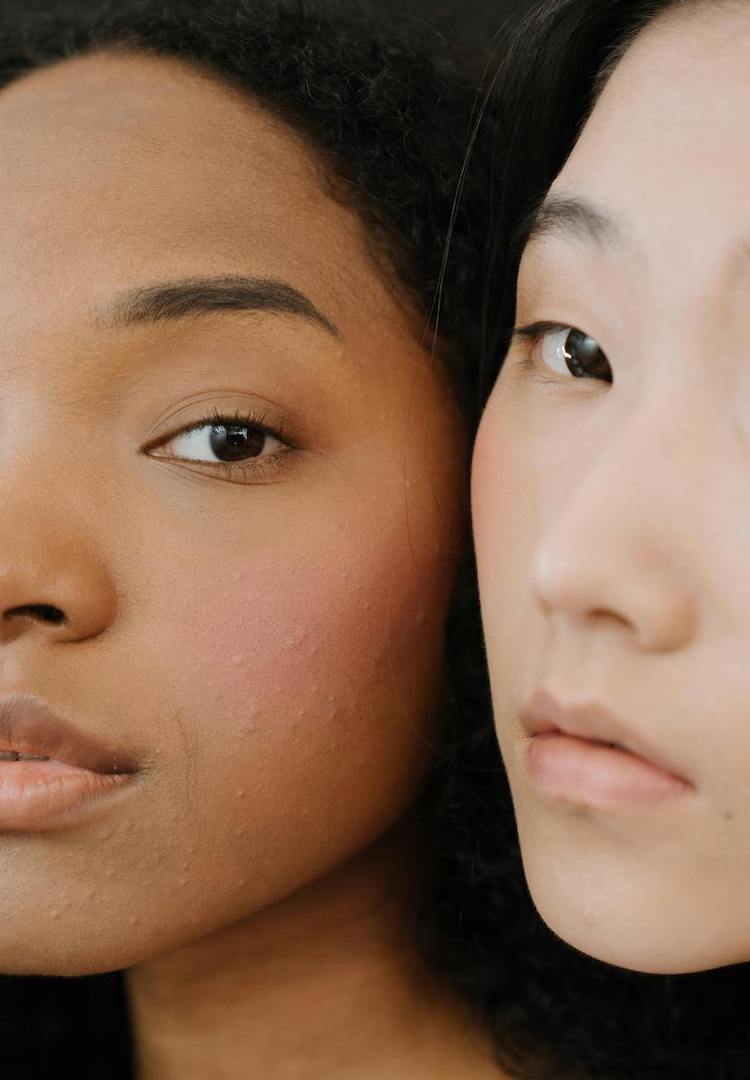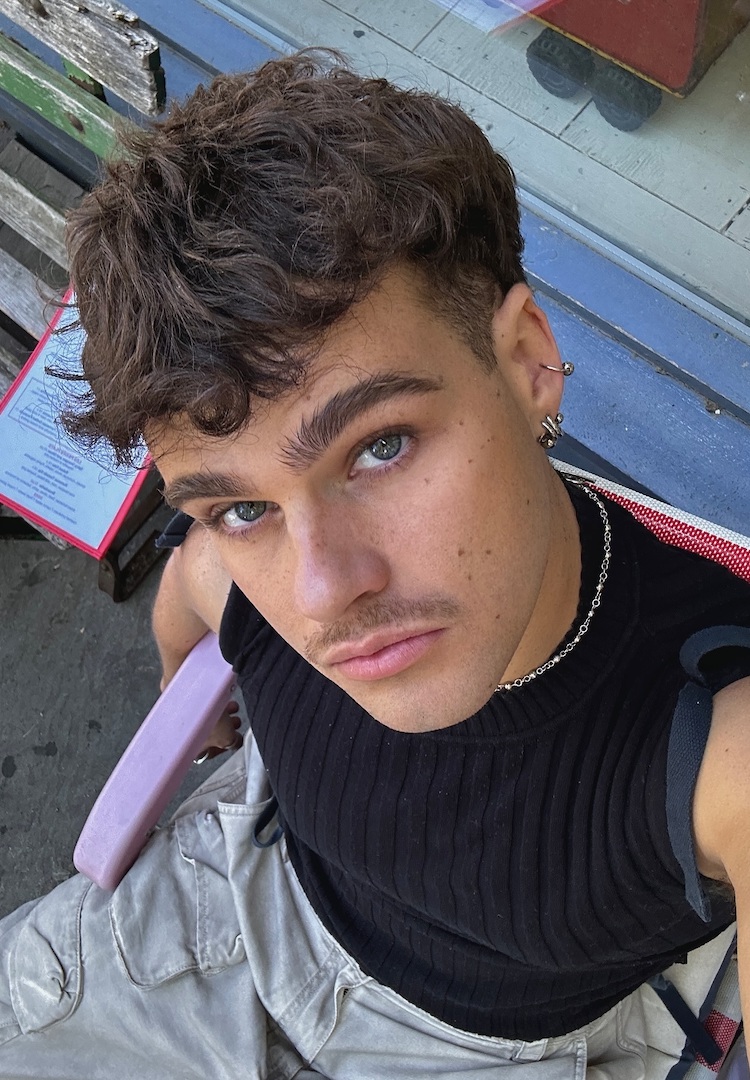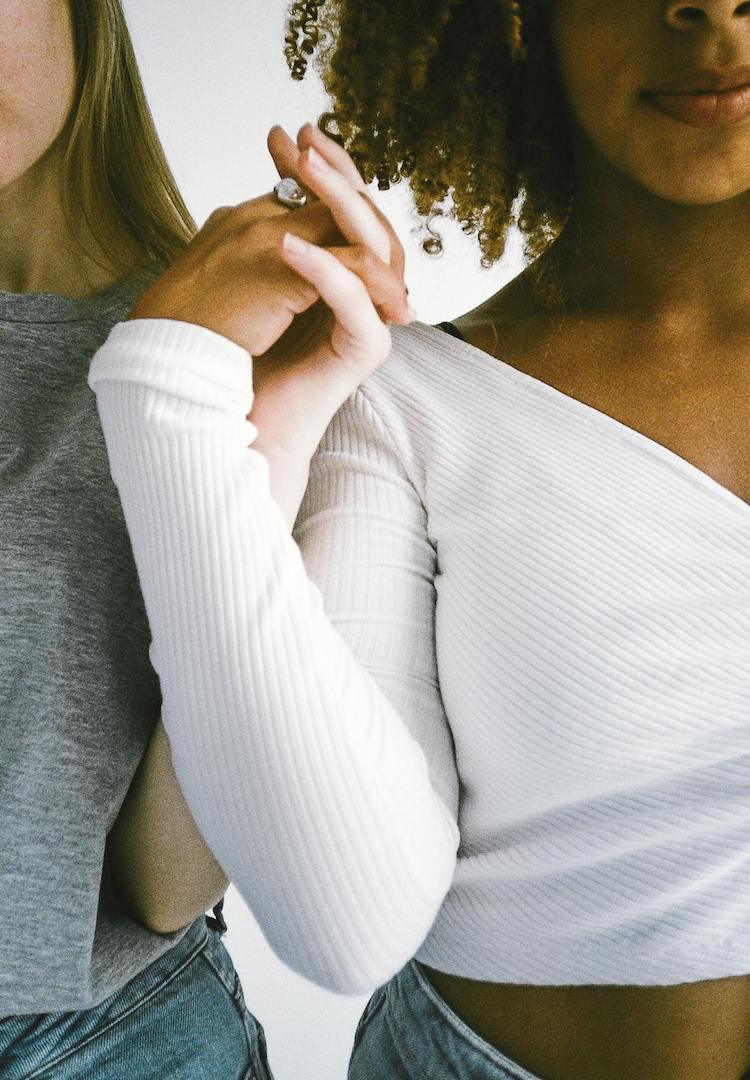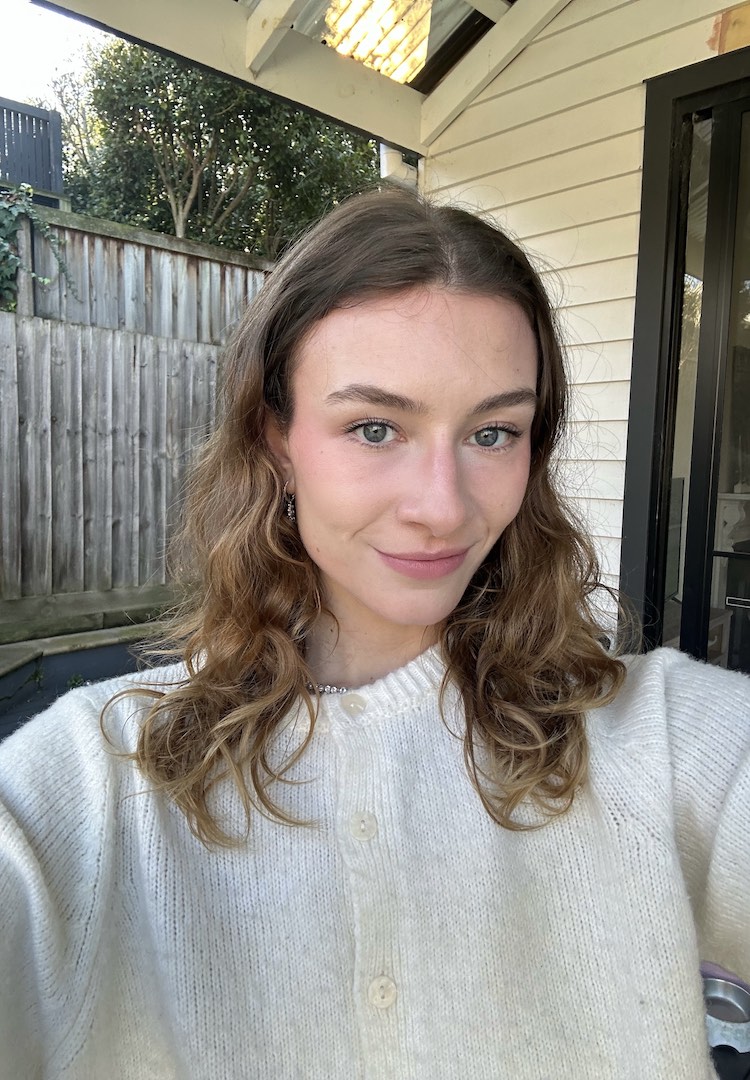Why aren’t Australian supermarkets committing to expanding foundation shade ranges?
WORDS BY SOHANI GOONETILLAKE
I am so tired of the ever-present 50 shades of beige.
As a woman of colour, the fluorescent shelves in the cosmetics aisle have been the backdrop of many humiliating experiences. I grew up in the ’00s so a certain level of makeup blunders is to be expected.
In the era of questionable (and tragic) fashion and beauty trends such as frosted tips, jeans under dresses and alarmingly chunky belts, there was little to no makeup which catered for darker skin tones.
We like nosy people. Don’t be shy, head to our Beauty section for more.
As a young, impressionable brown girl in a sea of White, I did not realise that the makeup I was browsing was not made with me in mind. I spent hours in the bathroom wondering why bright eyeshadow colours looked ashy on me and why I couldn’t properly blend the only two brown shades I could find in the drugstore.
The undertones of foundations were either too orange or too ashy, but always unflattering. At times, I could have made a cameo in Willy Wonka & the Chocolate Factory and I would often receive strange looks from my White peers in high school.
The irony of White girls in fake tans judging the unblended lines on my face does not escape me. Despite these White girls wearing what I can only describe as Donald Trump’s summer tan, they were considered beautiful but my naturally tan skin was not.
Fast forward to now and I only purchase makeup from select brands. There have been countless times I’ve been in stores ready to purchase a foundation, only for a salesperson to sheepishly tell me they can’t find a shade for me and that I should try online. My internal thought was always, ‘Sis, I came here to swatch and road test, not gamble my money and pay for shipping’.
Why should I be limited to the few lines that cater to me in store? What if I want to experience the great formula and coverage that my White friends rave about? What if the few lines that make space for people of colour were out of my price range? Rihanna would sooner drop a new album than drop her prices.
My experience is far from original – many people of colour have shared experiences of browsing through the ever-present 50 shades of beige and stumbling upon no more than two or three shades for darker complexions, none of which is right for them. The sinking feeling of going home with a foundation shade you’re almost certain is wrong for you is universal among people of colour.
Even when brands do stock darker shades they’re often named ‘espresso’, ‘mocha’, ‘chocolatte’, ‘frappuccino’, ‘caramel’ – I could go on. Am I purchasing a foundation or a Starbucks order? Maybe that’s why brands stop short of expanding their ranges fully. They ran out of drink names.
While darker shade names are reduced to something that can be consumed, lighter shade names include ‘linen’, ‘pearl’, ‘porcelain’, ‘ivory’ and my personal favourite, ‘natural tan’. Spoiler alert: natural tan more often than not does not suit a naturally tan person such as myself.
For reference, I am medium deep with warm and neutral undertones and my shade is 350 in the Fenty Beauty Collection. There are 18 shades darker than me in that collection. 18 shades.
Therefore, when other affordable brands and stockists do not cater to anyone darker than me, let alone me, there is a blatant erasure of a whole spectrum of beautiful people. It is yet another reminder that in a world where Eurocentric features are the envy of many, being beautiful means being White.
The insidious racism behind Australia’s beauty industry runs deep. When you think about the lack of makeup that celebrates our natural beauty combined with products such as skin lightening creams, hair straighteners, ‘nude’ stockings and more, you get a very rude awakening. This multi-billion dollar industry profits off people of colour wanting to fundamentally change themselves to look more like White people.
Make the Space, a campaign seeking to make beauty more accessible and inclusive, has been making strides to address the glam gap. The campaign began petitioning Australian supermarkets in April to expand the range of foundation shades they stock. In response, supermarket conglomerates Coles and Woolworths have rolled out limited trials of Maybelline New York’s Fit Me Matte and Poreless range.
“It is [a] discriminatory practice to exclude people from accessing products due to skin colour and race,” founder of Make the Space, Rebecca Willink says. “[It] has the power to make those impacted feel invisible and can contribute to feelings of shame and low self-worth, which is particularly problematic for young people growing up in Australia who may already feel ostracised due to the colour of their skin.”
Coles is in the process of a three-month trial which will make the shades available online and in 10 stores across Australia, while Woolworths will be stocking the range online for metro and greater areas of Melbourne and Sydney.
Rebecca welcomes this landmark move to increase the accessibility of affordable cosmetics for people of colour but she’s disappointed and concerned about the changes being on a trial basis with no advertising.
“There has been no advertising from their end to promote these trials, which is problematic particularly as people who have historically never been able to find their shades in supermarkets would not think to start shopping there,” she tells me. “My goal, therefore, is to make these trials as publicised as possible to hopefully keep these companies accountable to their promises.”
Regardless of whether the trials are ‘successful’, supermarkets should not overlook the very real and damaging impact this lack of products has on people of colour.
“There is a genuine opportunity for organisations to act morally, with respect and with integrity towards people in minority groups,” explains Rebecca. While change has been slow coming, Rebecca notes that Australia is the first country globally to expand foundation shades to a full range in the grocery sector, and hopes it can pave the way for other countries to do the same.
For more information on how you can support the movement, head here.

